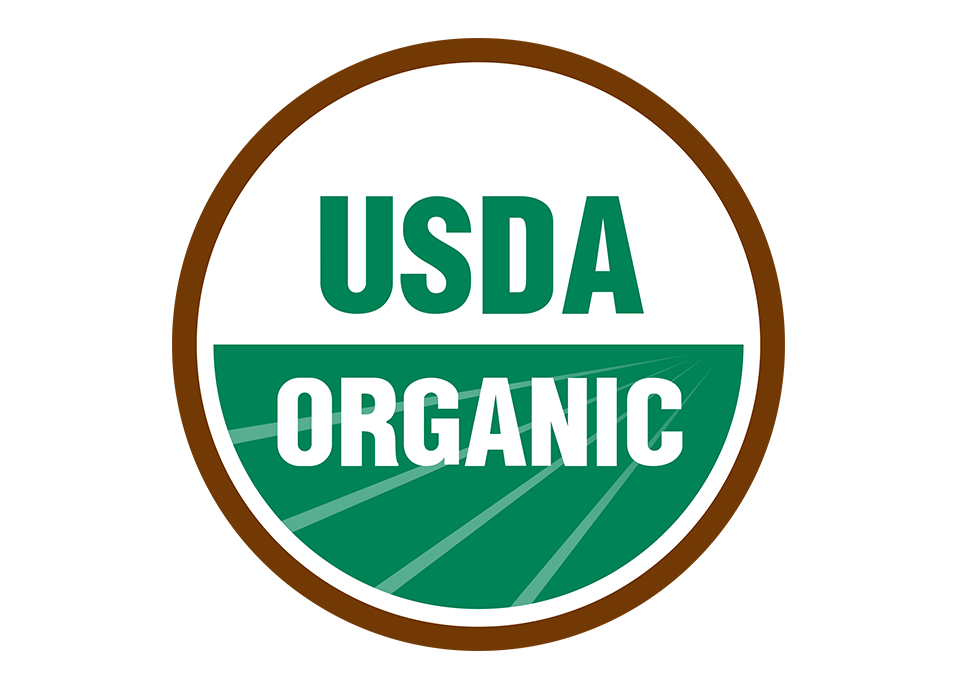Why Organic?

Sulfites in Wine
September 22, 2017
Organic Labeling
September 22, 2017P
rotect Future Generations
Children receive four times the exposure than an adult to at least eight widely used cancer-causing pesticides in food. The food choice you make now may impact your child's health in the future.
Reduce Fossil Fuel Consumption
American farms have changed drastically in the last three generations from the family based small businesses dependent on human energy to large scale factory farms highly dependent on fossil fuels. Modern farming uses more petroleum than any other single industry. More energy is now used to manufacture synthetic fertilizers than to till, cultivate, and harvest all the crops in the United States. Manufacturing petroleum-based synthetic fertilizer is responsible for 5% of total world fossil fuel consumption. By contrast, organic farming is still mainly based on labor-intensive practices, such as weeding by hand and using green manures and crop covers rather than synthetic, petroleum-based inputs. Organic produce also tends to travel a shorter distance from the farm to your plate.
Build Soil
The Soil Conservation Service estimates that more than three billion tons of topsoil is eroded from the United States croplands each year. That means soil is eroding seven times faster than it is built up naturally. Soil is the foundation of the food chain in organic farming. But in conventional farming, the soil is used more as a medium for holding plants in a vertical position so they can be chemically fertilized. As a result, American farms are suffering from the worst soil erosion in history.
Protect Water Quality
In California’s Central Valley, a center of industrial farming, “nitrates and other contaminants are a serious problem in Fresno's tap water," says Dr. Beatte Ritz of Physicians for Social Responsibility, an assistant professor of epidemiology at the University of California at Los Angeles School of Public Health. "Last year the city itself told pregnant women to avoid drinking it. That's good advice.” The main source of this groundwater contamination is the overuse of synthetic nitrogen fertilizers. These fertilizers are applied at rates greater than plants can use and the balance is washed through the topsoil and into the groundwater, contaminating it forever.
Reduce Health Risks
Many pesticides approved for use by the EPA were registered before extensive research linking these chemicals to cancer and other diseases had been established. Now the EPA considers that 60 percent of all herbicides, 90 percent of all fungicides and 30 percent of all insecticides are carcinogenic. A 1987 National Academy of Sciences report estimated that pesticides might cause an extra 1.4 million cancer cases among Americans over their lifetimes. The bottom line is that pesticides are poisons designed to kill living organisms, and can also be harmful to humans. In addition to cancer, pesticides are implicated in birth defects, nerve damage and genetic mutation.
Protect Farm Workers
A Natural Cancer Institute study found that farmers exposed to herbicides had a greater risk, by a factor of six, than non-farmers of contracting cancer. In California, reported pesticide poisonings among farm workers have risen an average of 14 percent a year since 1973, and doubled between 1975 and 1985. Field workers suffer the highest rates of occupational illness in the state. Farm worker health is also a serious problem in developing nations, where pesticide use can be poorly regulated. An estimated one million people are poisoned annually by pesticides. Several of the pesticides banned from use in the United States are still manufactured here for export to other countries.
Help Family Farms
Although more and more large scale farms are making the conversion to organic practices, most organic farms are small independently owned and operated family farms of less than 100 acres. It's estimated that the United States has lost more than 650,000 family farms in the past decade. Organic farming is becoming one of the few hopes left for family farms.
Support a True Economy
Although organic foods might seem more expensive than conventional foods, conventional food prices do not reflect hidden costs borne by taxpayers, including nearly $74 billion in federal subsidies in 1988. Other hidden costs include pesticide regulation and testing, hazardous waste disposal and cleanup and environmental damage.
Promote Biodiversity
Mono cropping is the practice of planting large plots of land with the same crop year after year. While this approach tripled farm production between 1950 and 1970, the lack of natural diversity of plant life has left the soil lacking in natural minerals and nutrients. To replace the nutrients, chemical fertilizers are used, often in increasing amounts.
Great Taste
There's a good reason many chefs use organic foods in their recipes. They taste better. Organic farming starts with the nutrients of the soil, which eventually leads to the nourishment of the plant and ultimately our palates.
"Modern farming uses more petroleum than any other single industry"
Reference: Why Organic? [ONLINE] Available at: http://www.nisquallyspringsfarm.com/our-products/why-organic/. [Accessed 22 September 2017].
American farms have changed drastically in the last three generations from the family based small businesses dependent on human energy to large scale factory farms highly dependent on fossil fuels.




